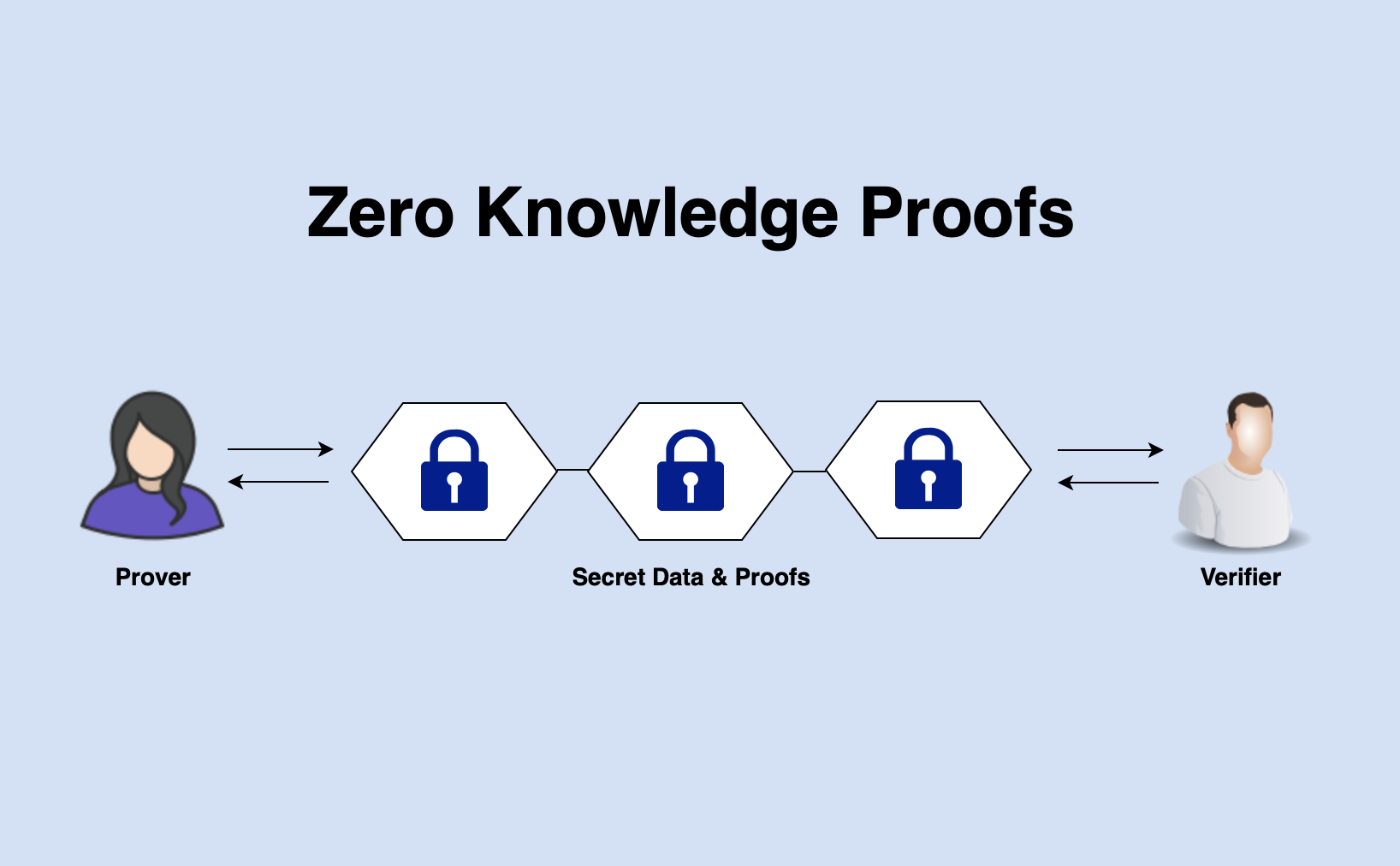We use the Internet on a daily basis both in our work and in our free time, regularly making different transactions. So it is very vital to make certain safety and verification of transactions concluded on the Internet, because when our transaction is falsified, our data can be stolen. Solution for these troubles is a zero knowledge method, which makes transactions private.
What is zero-knowledge proof all about?
Zero-knowledge proof (or zero-knowledge protocol; shortly ZKP) is a way of proving that something is genuine besides revealing what it is. Speaking more clearly, it is a method in which one individual (the prover) can prove another individual (the verifier) that he has the knowledge about the value of x, without giving any information about it. This proof has to be done this way, that verifier can’t repeat the whole process to someone else, proving that he also has the information. During ZKP questions a prover has to be yes/no questions. What is important, ZKP gives nearly 100% certainty, in no way straight 100%.

There are two extraordinary models of zero-knowledge proofs – interactive and non-interactive. What is the distinction? Interactive ZKP requires interaction between the prover and verifier, whereas non-interactive ZKP does not. The interactive is confined in transferability which ability that to persuade the next person, we have to repeat the whole process. In non-interactive, there is a complicated cryptographic hash function and proof, which everybody can verify by themselves.
ZKP proof has to satisfy three properties:
● Completeness – if the statement is true, the honest verifier will be convinced by an honest prover.
● Soundness – there is only a small probability, that if the statement is false, a cheater prover can convince an honest verifier that it is true.
● Zero-knowledge – if the statement is true, the verifier learns anything other than it is true.
Because the definition can be a bit complicated, let’s see a quick example of ZKP use. To purchase alcohol, you have to be at least 18 years old in some countries. ZKP may want to confirm whether the customer can or can’t purchase it, without disclosure of birth information or age. The dealer only has to know, if he can sell us something (like alcohol), he should not know any of our private data.
Benefits of Zero-knowledge protocol
As we already understand a bit about this method, we can focus on finding some benefits of the use of it:
● Zero-knowledge proof protects information while allowing for queries on them -sometimes we have to prove we possess certain information to anybody we do not trust. ZKP will assist us to prove it, at the same time protecting our data. It is extremely important in the digital economic system when companies and corporations do more and more transactions totally digitally.
● Data can’t be manipulated or stolen – absolutely due to the fact it is not shared and is still on our servers.
● ZKP offers us anonymity – our transactions cannot be censored, monitored or tracked via any central or governing body.
● Useful for verification of blockchain transactions in different currencies like Zcash. Zcash is cryptocurrency, constructed on the authentic Bitcoin code base, using it you control which data you share with others.
To sum up, we can say, that zero-knowledge proof can prove the existence of a secret without disclosing what the secret is. And this is our future, due to the fact sooner or later most of us will understand how vital our privacy is.
